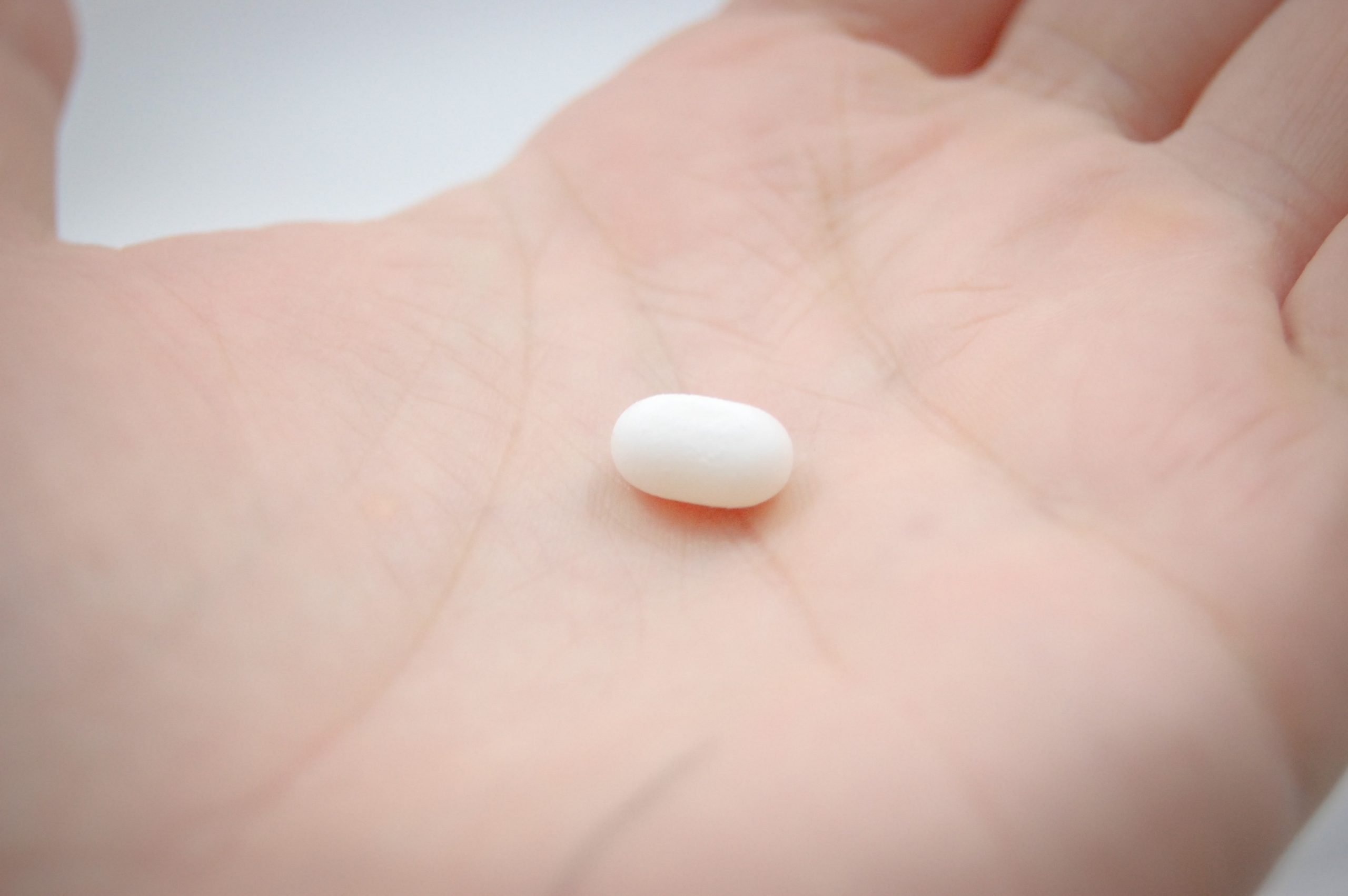Posts on Facebook and TikTok claiming that a dog deworming medicine called fenbendazole cures cancer have gained popularity. But experts told Full Fact that there’s insufficient evidence for this claim.
Cells establish structure and shape through a protein scaffold known as the cytoskeleton, which contains microtubules. These tubulin structures are similar to those in a parasitic worm’s gut, which explains why the drug is effective at starving the worm.
- It kills parasites
Scientists have discovered that fenbendazole, which is used as a dog dewormer and sold under the brand Panacur, can kill cancer cells in mice. It appears to do this by inhibiting the growth of microtubules, which provide structure to cells.
These structures are needed for the proper functioning of all living things. But cancer cells have microtubules that are different from those found in healthy cells. Fenbendazole stops the formation of these microtubules, starving the tumor of its energy and causing it to collapse.
The drug also blocks the transportation of sugar into a cell’s mitochondria. This causes the mitochondria to break down, reducing the production of adenosine triphosphate (ATP), which is an energy source for parasitic cells.
To test the effects of fenbendazole, researchers injected mice with EMT6 tumors and measured their growth over time. They found that fenbendazole did not alter the growth of unirradiated or irradiated tumors. It was also not effective in preventing metastasis to the lungs or lymph nodes.
- It slows down cancer cell growth
Cancer has been a major cause of death for the past half-century and threatens to overtake infectious diseases as the number of cases and deaths rise. Researchers have been studying ways to block the spread of cancer, and they have found that fenbendazole works by interrupting normal cell functions.
Fenbendazole works by interfering with the formation of microtubules, a protein scaffold that gives shape and structure to all cells. It is the same protein that cellular structures such as cilia and flagella use to move, and it is already used in approved drugs to treat certain cancers.
However, while studies in cells and animals can look promising, we don’t know if a drug will work in humans until it is tested in clinical trials. A specialist cancer information nurse from Cancer Research UK told Full Fact that there is insufficient evidence that fenbendazole can cure human cancer. It has also not been tested in humans to ensure that it is safe.
- It reduces inflammation
Inflammation in cancer is a significant cause of poor prognosis and resistance to chemotherapy. Fortunately, researchers have found that certain antiparasitic drugs can reduce the levels of inflammation in cancer cells. Fenbendazole is one of these drugs. The drug acts by collapsing the tubulin inside cancer cells. This prevents the tubulin from providing food for the cell, starving it to death.
The research team repurposed an old drug called fenbendazole, which is known to inhibit microtubule-associated tubulin polymerization in many animal species. The drug was then used to treat a patient with advanced nonsmall-cell lung cancer, and the patient’s CEA levels declined after treatment with the drug.
In addition to reducing tumor growth, the researchers also found that fenbendazole reduced inflammation. The team believes that the findings could lead to new therapies for treating various types of cancer. The study was published in the journal Oncotarget. The research was funded by the Virginia and D.K. Ludwig Fund for Cancer Research.
- It reduces pain
In the TikTok video, which has been reposted more than 11,000 times, a Canadian veterinarian named Andrew Jones claims that fenbendazole cures advanced lung cancer. This is false. The dog deworming drug is an anthelmintic and has not been proven to be effective against cancer in human patients.
Research shows that fenbendazole does suppress tumor growth in cell cultures and mice, but it has not been shown to be an effective treatment for human cancers. Moreover, there is no evidence that it prevents cancer recurrence after chemotherapy and radiation.
Health Canada lists fenbendazole as an anthelmintic for dogs and does not recommend that it be used in humans. However, some users claim that the drug — also sold under the brand name Panacur — is an effective cancer treatment when paired with dietary supplements. These include vitamins and herbs such as turmeric, garlic, ginger and echinacea. The user testimonials suggest that fenbendazole stops cancer cells from using oxygen to grow, causing them to die.fenbendazole cancer treatment
